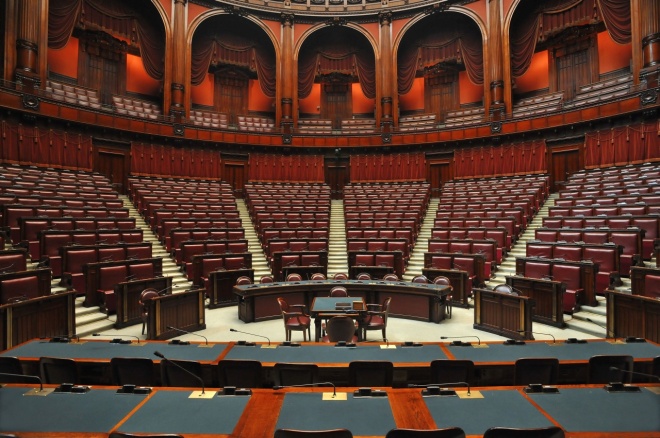Italian Senate: the Commission for Constitutional Affairs approves the bill establishing a National Commission for Human Rights

On 28th June 2011 the Commission for Constitutional Affairs of the Italian Senate approved unanimously the bill establishing the National Commission on the Prevention and Protection of Human Rights, implementing the UN General Assembly Resolution 48/134 of 20th December 1993 and in compliance with Paris Principles. The General Assembly Resolution commits all Member States to establish national institutions, reliable and independent, for the promotion and protection of human rights and fundamental freedoms.
Many international human rights monitoring bodies, both from the United Nations and from the Council of Europe, recommended to Italy the implementation of the General Assembly Resolution, some of them are : the Committee on the Rights of the Child (in 2003), the Committee on Economic, Social and Cultural Rights (in 2004), the Human Rights Committee (in 2005), the Committee Against Torture (in 2007), the Committee on the Elimination of Racial Discrimination (in 2008) and the Human Rights Council in the framework of the Universal Periodic Review process which started for Italy on 9th February 2010.
The UN High Commissioner for Human Rights, Mrs Navanethem Pillay, during her visit in Italy on 10th and 11th March 2010, stressed the importance for Italy to have a National Human Rights Institution.
On the other hand, as Pietro Marcenaro, member of the Human Rights Commission of the Italian Senate, underlined, the institution of a national independent commission was part of the voluntary pledges made by Italy on the occasion of its candidature to become a member of the Human Rights Council both in 2007 and in 2011.
The bill approved by the Commission for Constitutional Affairs establishes an institution composed by two members, elected by the Chambers with a majority of two-thirds, and the President appointed conjunctly by the Presidents of the Chamber of Deputies and of the Senate. The Commission should be an independent authority in charge of promoting a human rights culture, of monitoring the respect of human rights, of spreading relevant information and of facilitating the relations between States and civil society.
According to Sen. Marcenaro, the bill could be approved by the Senate in July to rapidly conclude then its Parliamentary procedure.

